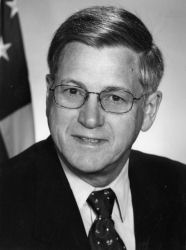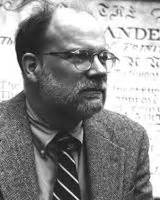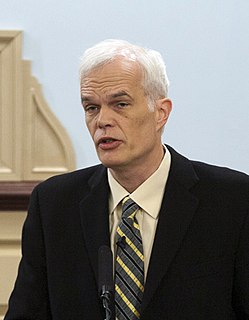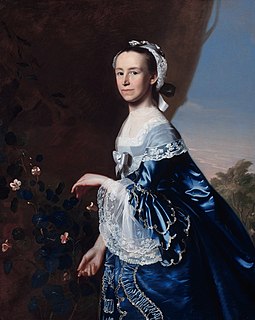A Quote by John F. Kennedy
To exclude from positions of trust and command all those below the age of 44 would have kept Jefferson from writing the Declaration of Independence, Washington from commanding the Continental Army, Madison from fathering the Constitution, Hamilton from serving as secretary of the treasury, Clay from being elected speaker of the House and Christopher Columbus from discovering America.
Quote Topics
Age
America
Army
Being
Below
Christopher
Clay
Columbus
Command
Commanding
Constitution
Continental
Declaration
Declaration Of Independence
Discovering
Elected
Exclude
Fathering
Hamilton
House
Independence
Jefferson
Kept
Madison
Positions
Secretary
Serving
Speaker
Those
Treasury
Trust
Washington
Would
Writing
Related Quotes
Jefferson wrote the Declaration of Independence; Madison wrote not only the United States Constitution, or at least most of it, but also the most searching commentary on it that has ever appeared. Each of them served as president of the United States for eight years. What they had to say to each other has to command attention.
When John Adams - when - James Madison was writing - pretty much writing the Constitution, he got a letter from Thomas Jefferson, who was then-ambassador to France. And Jefferson said - I am paraphrasing - `Do not forget to keep habeas corpus and strengthen it.' That - in - that's the oldest English-speaking right. It goes back to the Magna Carta in 1215.
Allowing a non-lawyer to be on the Supreme Court strikes me as a very American thing, in a good way. Another is that the speaker of the house doesn't have to be a member of congress. He or she can be anyone. I'm not sure if James Madison really intended that, or if the wording was accidentally imprecise, but the Constitution, as a recall, simply says that the House shall chuse a speaker.
In fourteen hundred ninety-two Columbus sailed the ocean blue and discovered America. Now, some have argued Columbus actually discovered the West Indies, or that Norsemen had discovered America centuries earlier, or that you really can't get credit for discovering a land already populated by indigenous people with a developed civilization. Those people are communists. Columbus discovered America.
The first presidential veto, by George Washington, was a veto of Alexander Hamilton's formula for apportioning the House, and the one that Washington preferred was one that Thomas Jefferson produced, and that was one partisan issue. The apportionment formula that Jefferson produced gave an extra seat to Virginia. Everybody knew what that game was. Look, partisan interest in the census is simply nothing new.
Intellectuals love Jefferson and hate markets, and intellectuals write most of the books. Intellectuals often think that they should, for the benefit of mankind, act as fiduciaries for the clods who don't have to be intellectuals, and I suspect that has to do with [why historians love Jefferson and not Hamilton, even though Hamilton's vision of America's commercial future was vastly more accurate than Jefferson's].
According to Adams, Jefferson proposed that he, Adams, do the writing [pf the Declaration of Independence], but that he declined, telling Jefferson he must do it. Why?" Jefferson asked, as Adams would recount. Reasons enough," Adams said. What can be your reasons?" Reason first: you are a Virginian and a Virginian ought to appear at the head of this business. Reason second: I am obnoxious, suspected and unpopular. You are very much otherwise. Reason third: You can write ten times better than I can.































